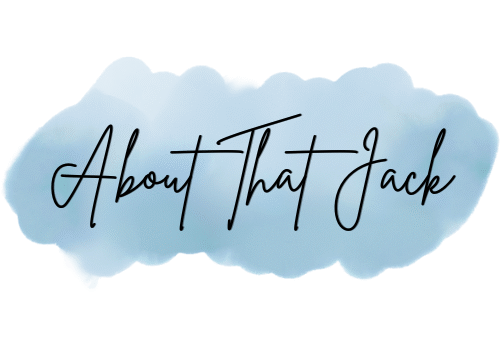 For 40 years, I lived in constant survival mode, running on fear, stuck in fight-or-flight, exhausted but pushing forward anyway. I had no idea I was running myself into the ground. I thought I was just doing what I had to do to exist.
For 40 years, I lived in constant survival mode, running on fear, stuck in fight-or-flight, exhausted but pushing forward anyway. I had no idea I was running myself into the ground. I thought I was just doing what I had to do to exist.
Then, about a decade ago, I began therapy, and I started my healing journey.
At first, it felt like losing everything I knew. The identity I had, built entirely on fear, control, and self-protection, was gone. And without it, I didn’t know who I was. I just knew that something had to change.
The past 10 years have been spent learning, accepting, and healing from the trauma of child sexual abuse and cPTSD and working on undoing all those years. It’s taken time to adjust to a new normal and to allow myself to trust the process. It hasn’t been a smooth ride, and every new day brings new challenges.
Rebuilding from the Ground Up
Healing from child sexual abuse and complex PTSD has meant undoing a lifetime of survival. It’s been less like walking a path and more like crawling through wreckage, not knowing if peace was ever waiting on the other side.
The truth that most people don’t understand about trauma is this: sometimes, you feel worse once you begin to feel safe. Before therapy, there’s a numb kind of stability, predictable, if painful. But when your nervous system starts to downshift, your brain opens the floodgates. All the things you couldn’t process while surviving? They come crashing in.
And your body, tired from decades of bracing, crashes with it.
The Brain Doesn’t Recognize Peace
A trauma survivor’s brain is structured by chaos. When calm finally arrives, it doesn’t feel good—it feels wrong. It feels dangerous. So we sabotage. We ruminate. We fixate on unworthiness. It’s not because we’re weak. It’s because we were wired to survive, not to thrive.
I’ve spent the past ten years trying to rewire that. Learning to sit with discomfort. Allowing joy. Trusting stillness. And it’s been slow, nonlinear, and gut-wrenching.
But it’s also been real.
The Grief That Made Room
Grief, oddly enough, was the spark. Not just grief for what happened to me, but grief for the person I never got to be. The childhood I lost and the years I spent surviving.
Feeling that loss cracked something open. For the first time, I wasn’t chasing perfection or productivity. I began doing things simply because they brought me happiness. I stopped asking permission to exist, and I began telling my story. And little by little, I allowed myself to be seen.
When Healing Feels Like Guilt
Even now, as I find stability, emotional and relational, I sometimes get hit with a wave of imposter syndrome. Or survivor’s guilt.
I’m healthy. I’m supported. I feel love and connection. And yet, a voice inside whispers, You don’t deserve this.
That’s what trauma does. It doesn’t just haunt your past; it tries to poison your present.
But here’s what I’ve come to believe: moving beyond survival is terrifying, yes, but it’s also the only way we reclaim our lives. We learn, day by day, that we are not our trauma. That CPTSD doesn’t get to dictate how we feel. That peace is not a threat; it’s a birthright.
This Is What Healing Looks Like
Healing is messy. It’s painful. It’s anything but straight forward. But it is possible.
If you’re somewhere in the thick of it, please know: the storm you’re in doesn’t mean you’re doing it wrong. It means you’re finally feeling. And that takes bravery.
You are not broken. You’re healing.
And healing doesn’t mean going back to who you were. It means becoming who you really are.
Photo by Rawan Ahmed on Unsplash
